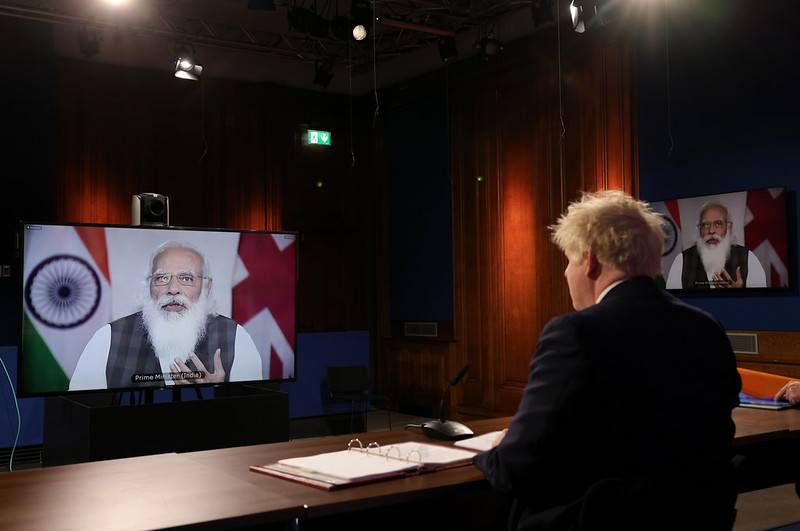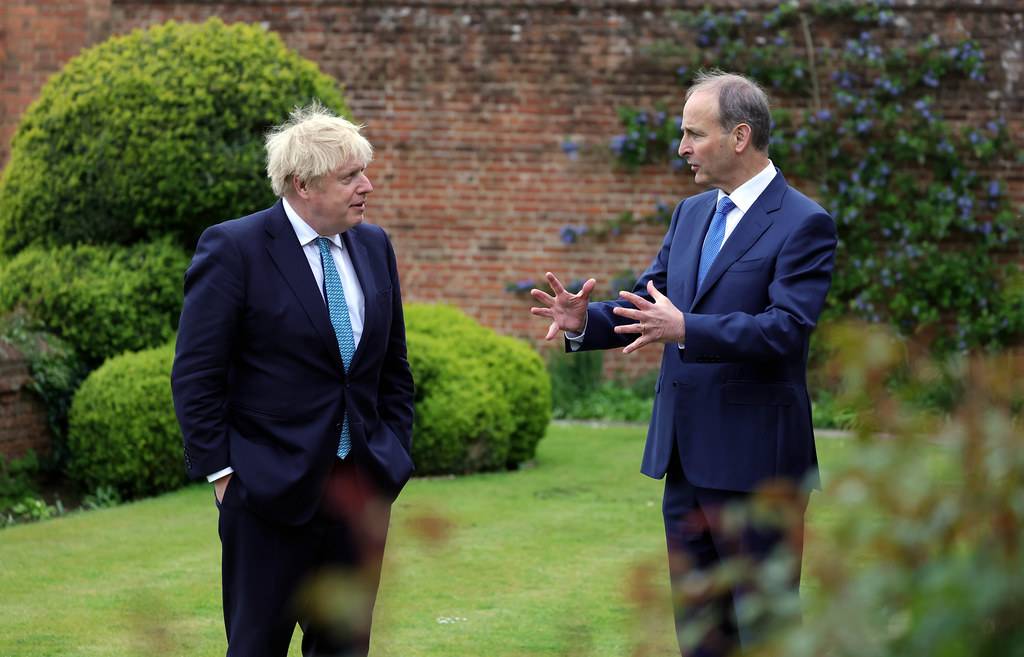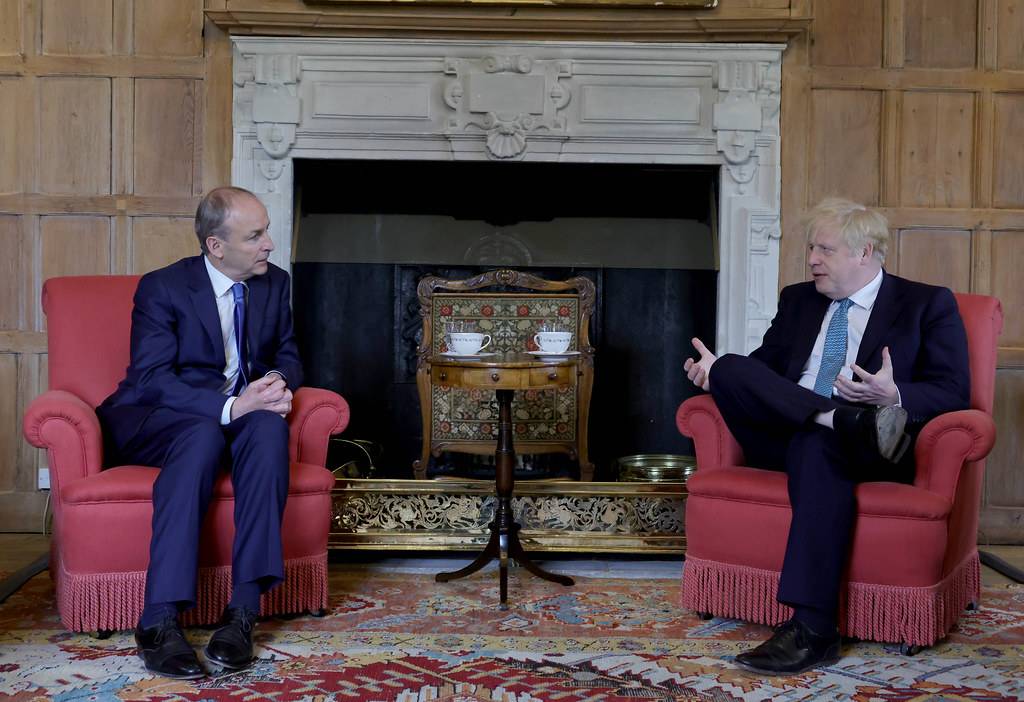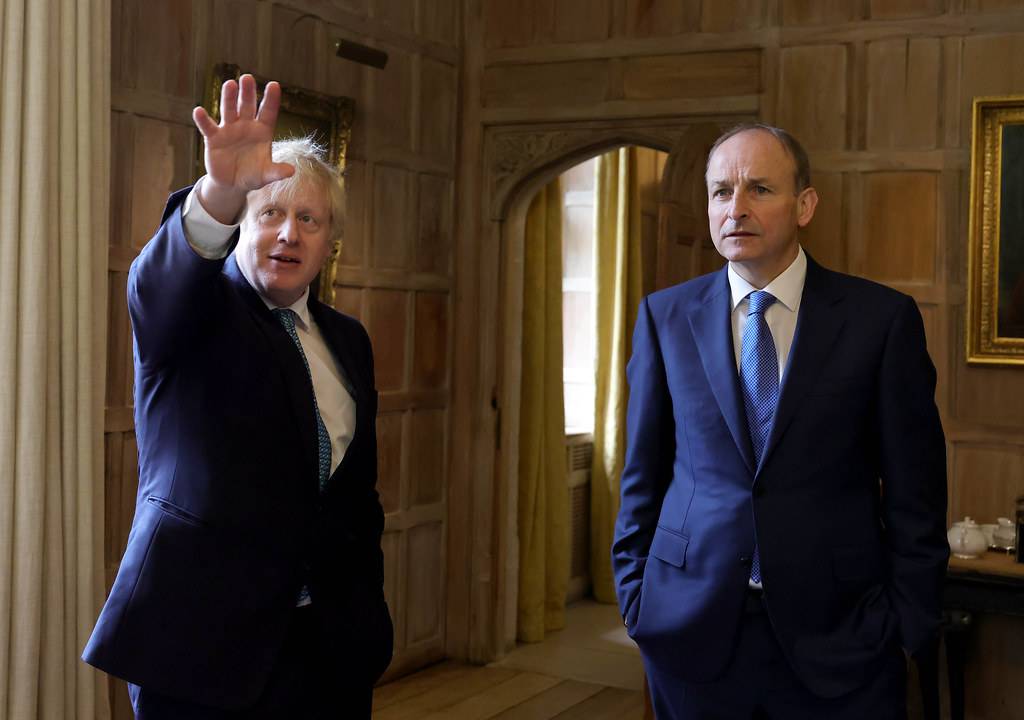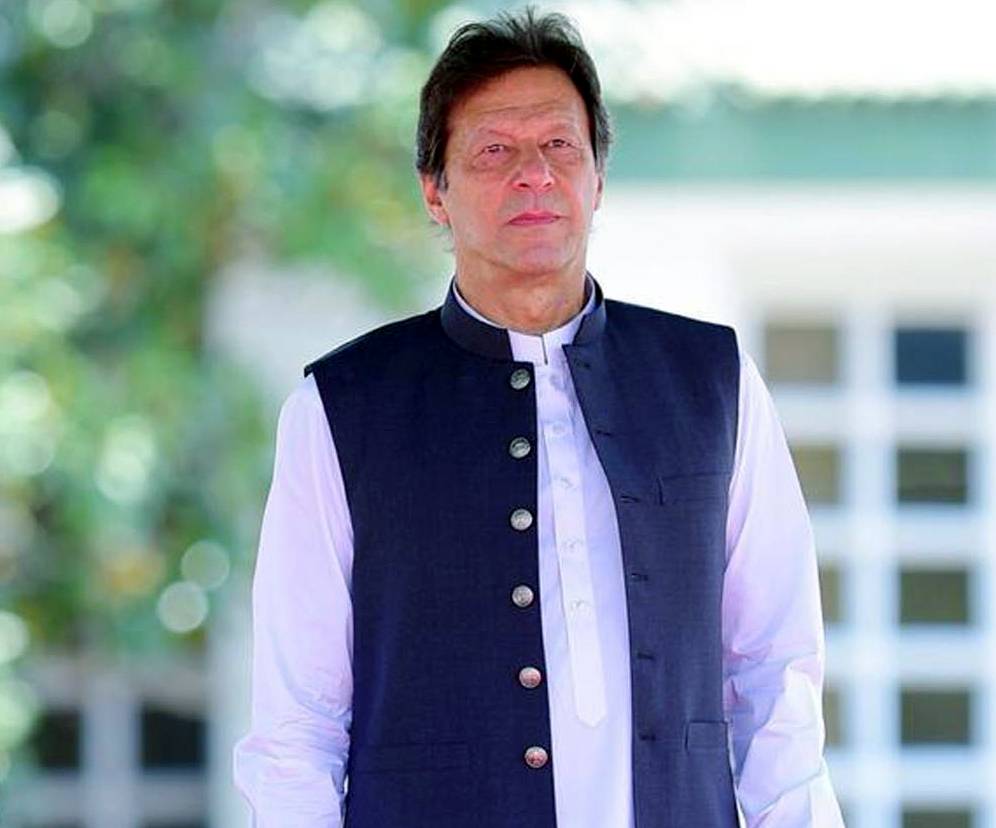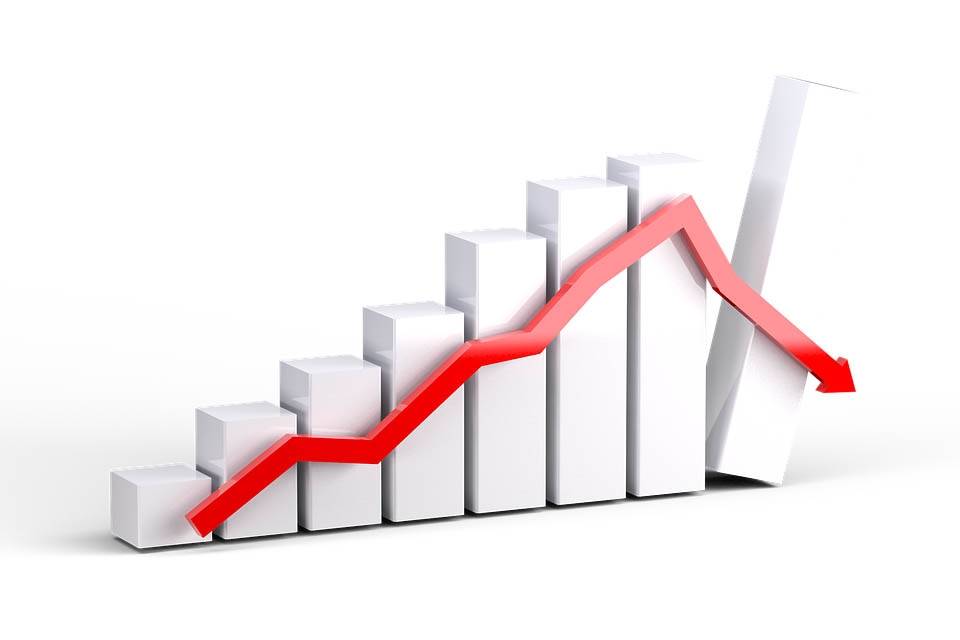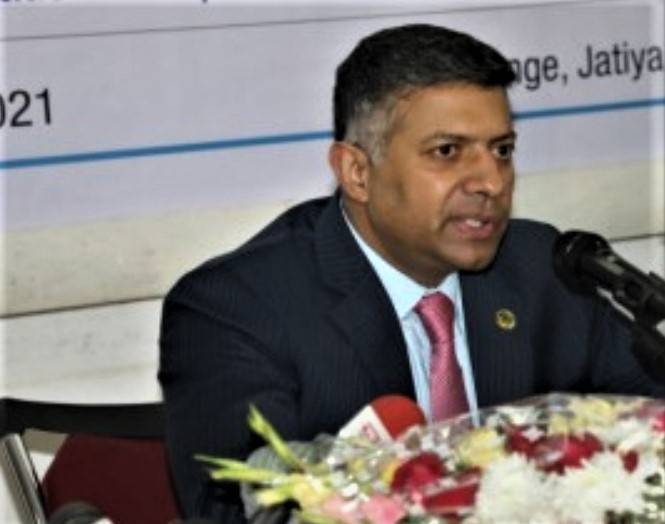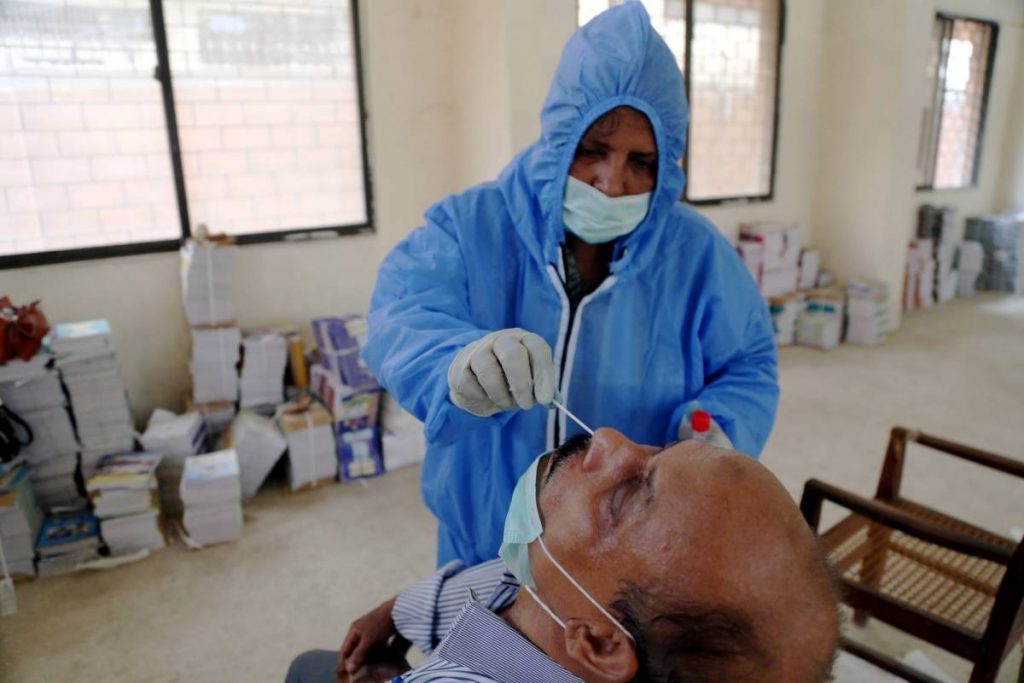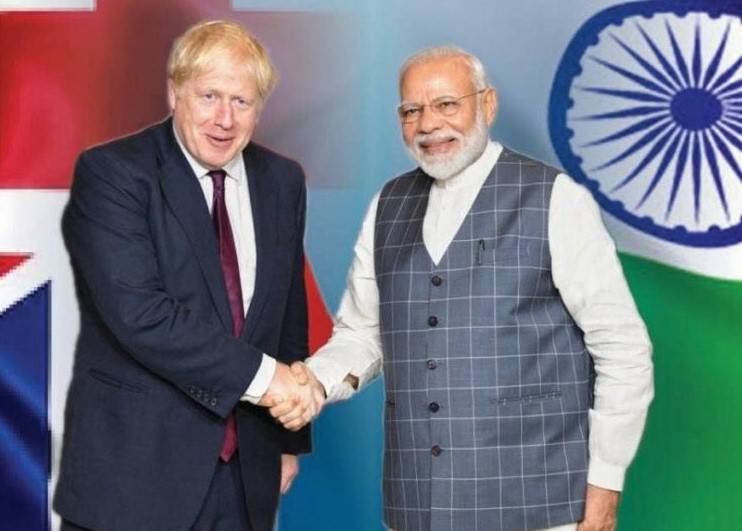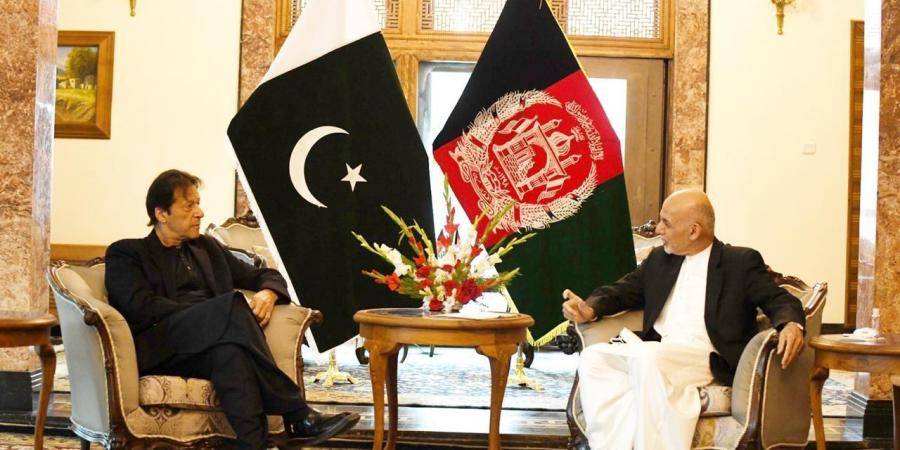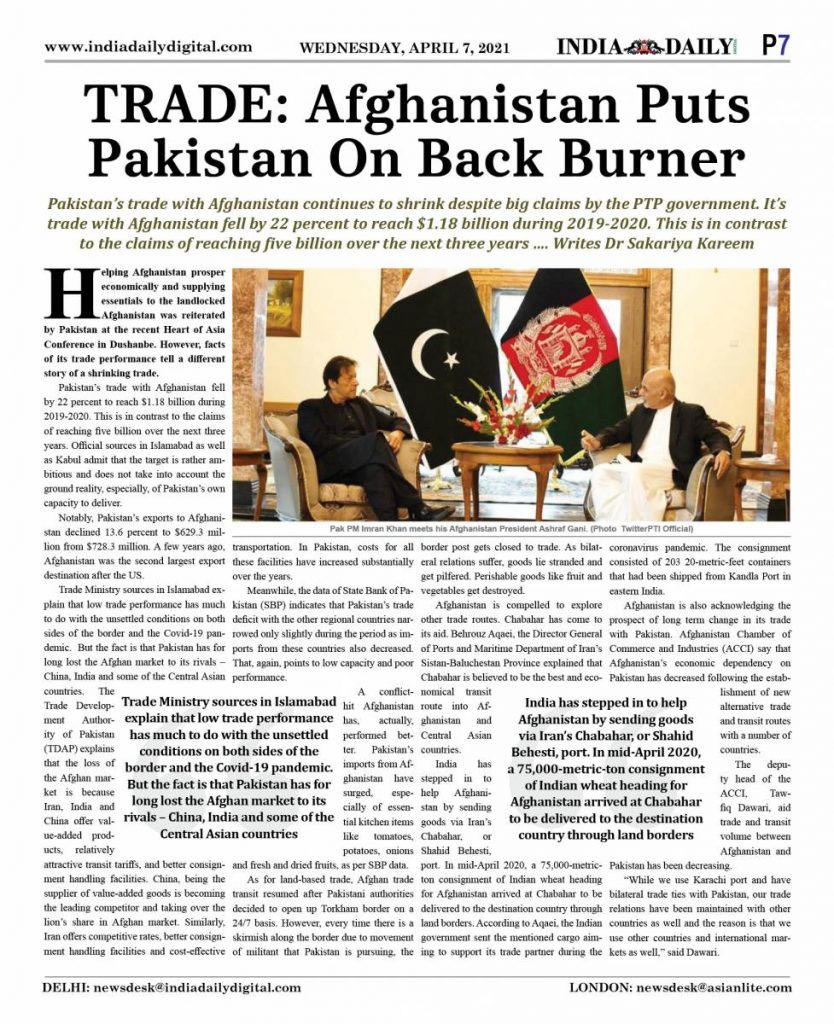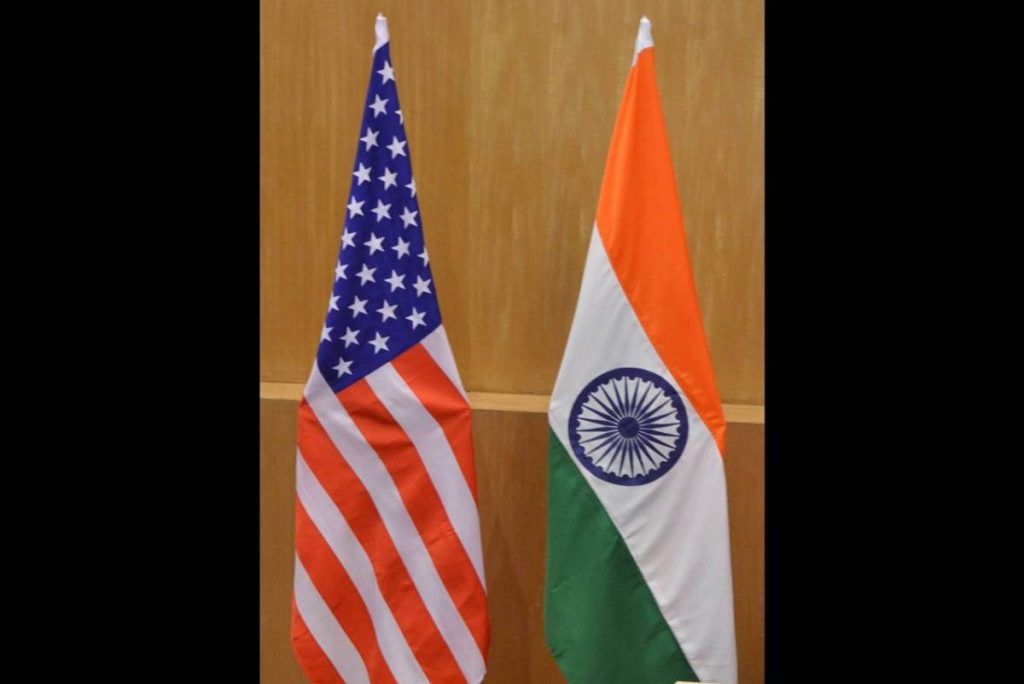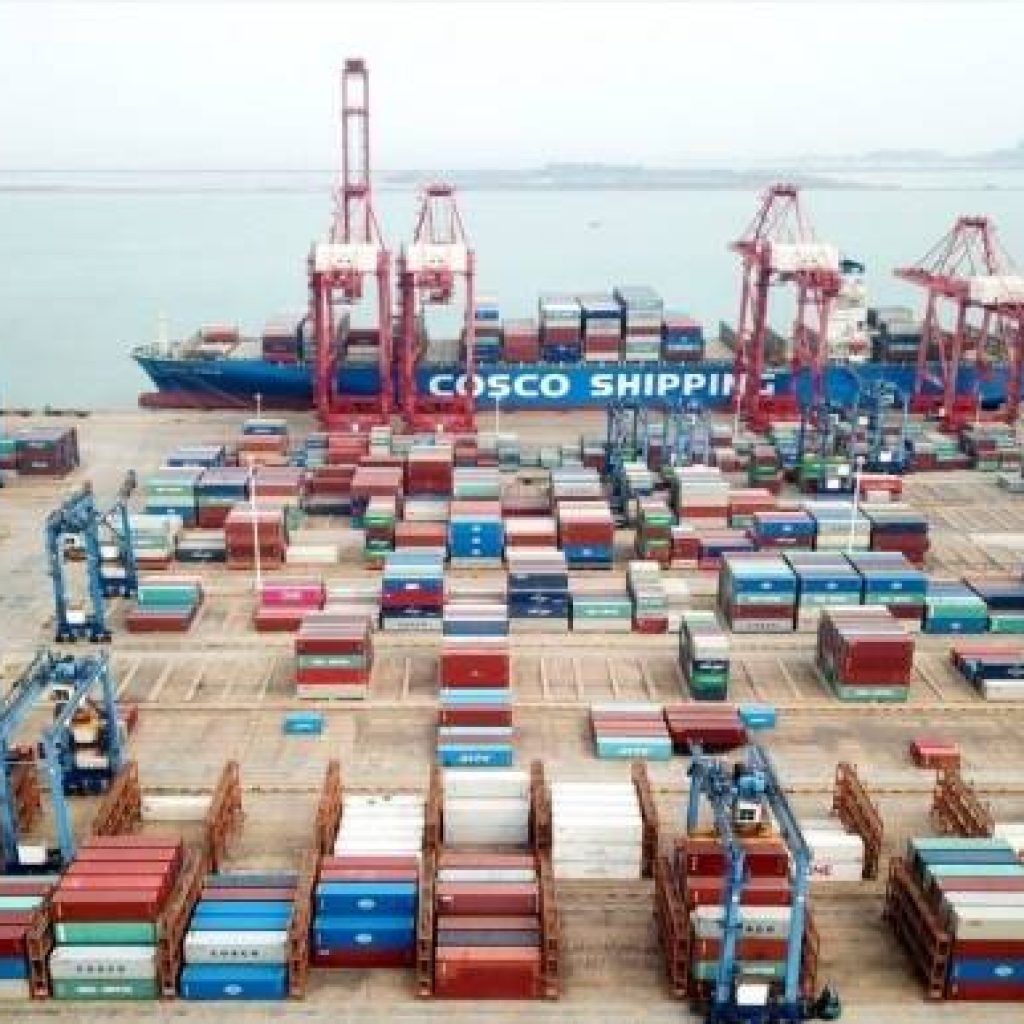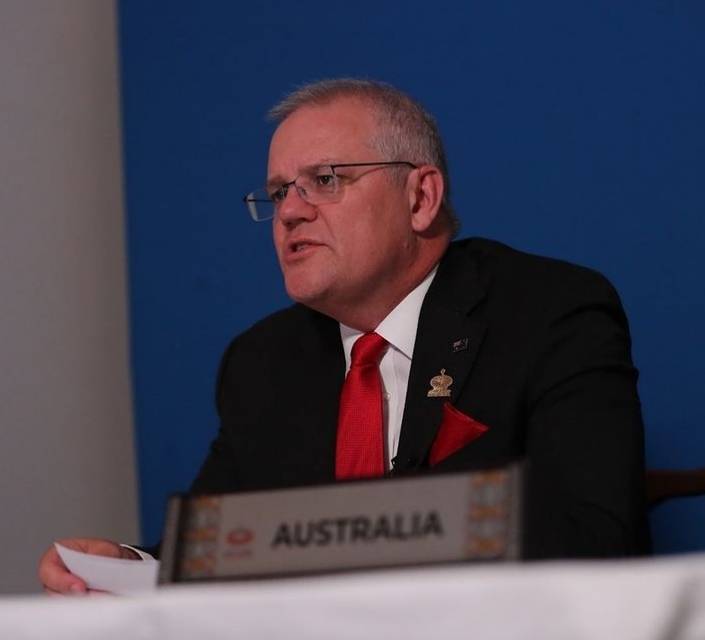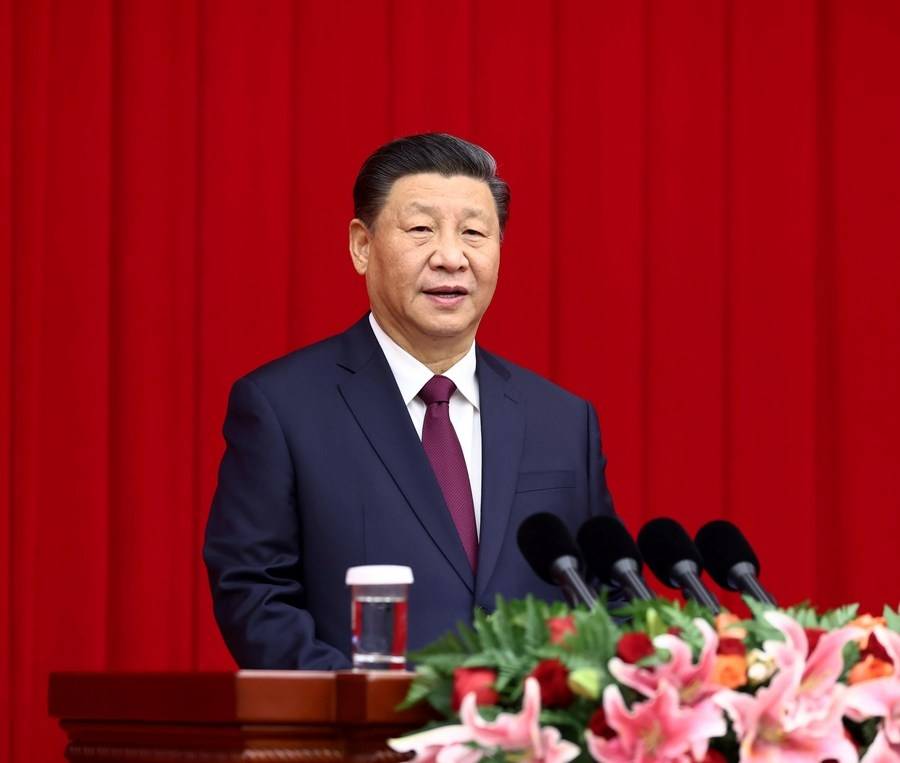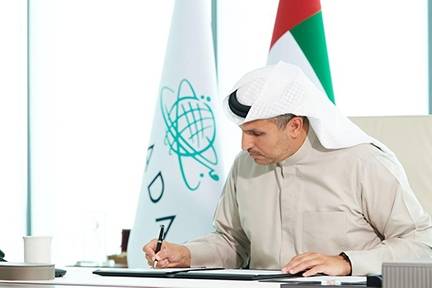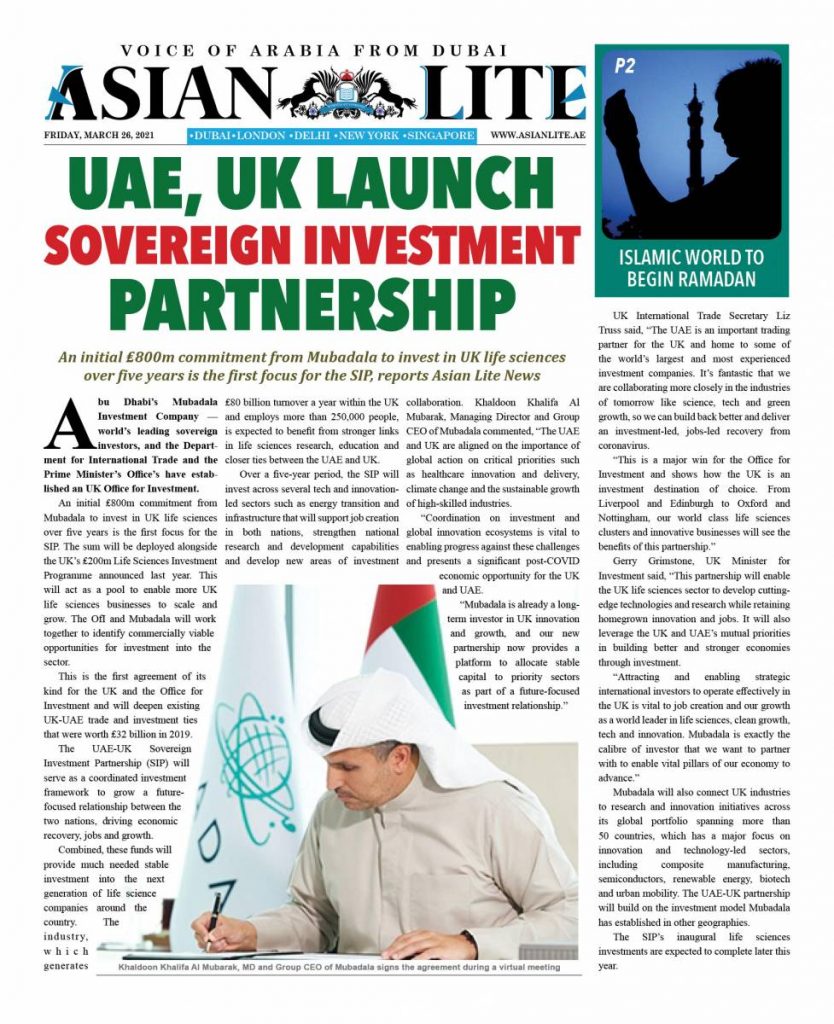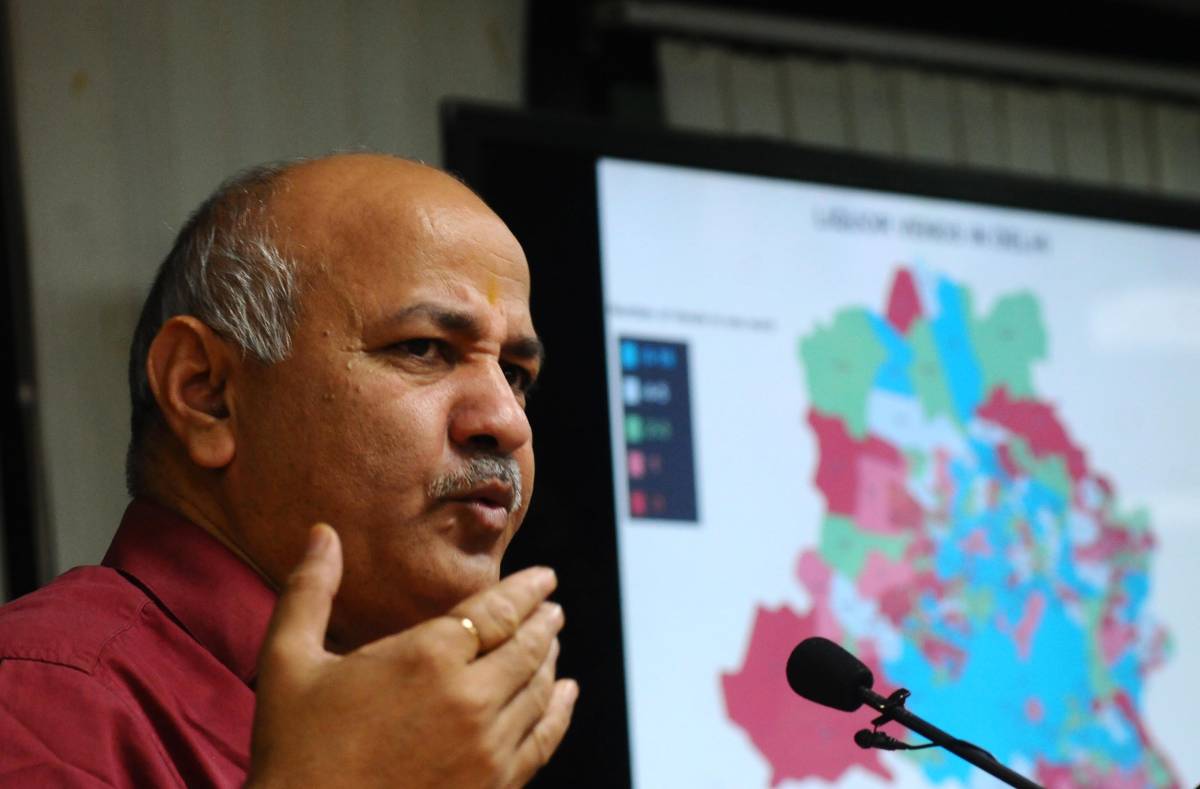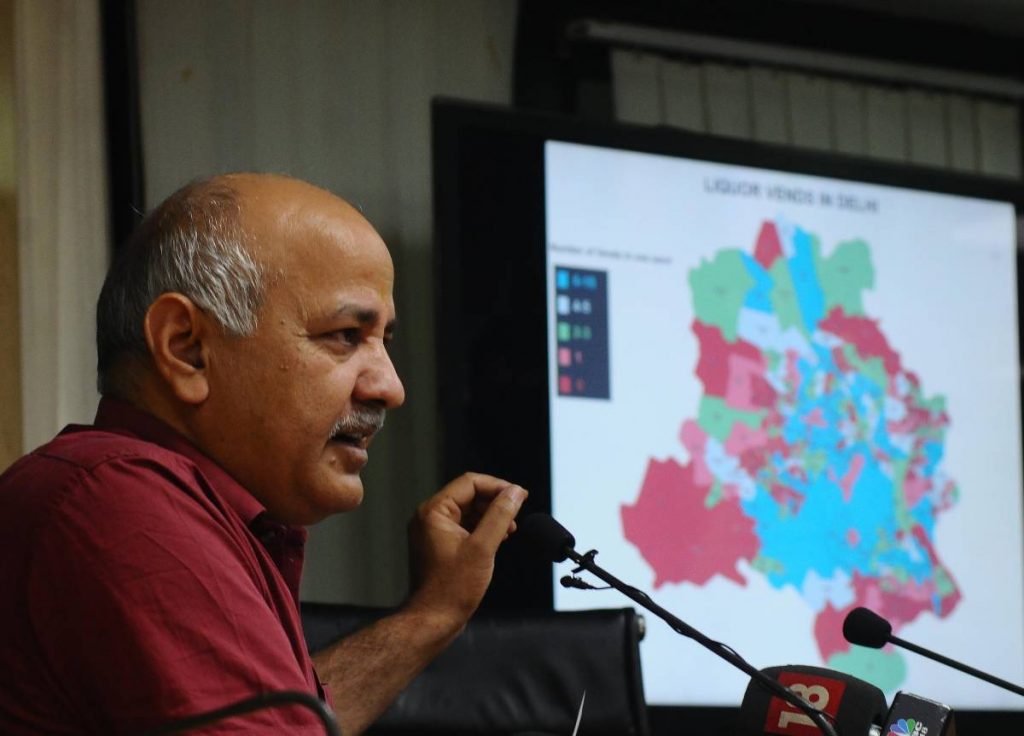UK trade secretary Liz Truss kicked off the preparations for the trade deal, under which Britain wants the removal of barriers to doing business and trading with India..,reports Asian Lite News
The United Kingdom on Tuesday started preparations for a trade deal with India, launching a 14-week consultation process to seek the views of the public and businesses ahead of negotiations on a free trade agreement set to begin in the autumn.
UK trade secretary Liz Truss kicked off the preparations for the trade deal, under which Britain wants the removal of barriers to doing business and trading with India, including the removal of tariffs of up to 150% on whisky and 125% on British-made cars.
Truss said, “We’re firing the starting gun on a free trade deal with India – the world’s largest democracy, fifth biggest economy, a nation of 1.4 billion people and a huge market for British goods like whisky, cars and services.
“We want an agreement that pushes new frontiers in industries of the future and helps us build a greener, more innovative and more services-led economy that will deliver higher-paying jobs across the country.”
The UK government is seeking input from consumers and businesses across all sectors that will help it craft a deal that includes closer cooperation in future-focused industries such as science, technology and services and creating high-value jobs across Britain.
ALSO READ: Saudi, UK FMs discuss ties in Riyadh
The UK also wants to make it easier for British services firms to operate in India, thereby boosting the country’s status as an international services hub. India’s growing middle-income population and connected youth will be the target consumers for goods and services from the UK.
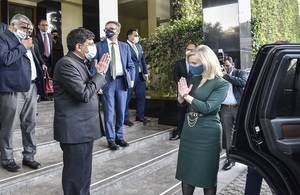
UK international trade minister Ranil Jayawardena said a trade deal with India will break down barriers and make it easier for British businesses to sell their goods, as well as secure more investments, higher wages and lower prices in Britain.
Before the negotiations start, the UK and India must complete a “pre-negotiation scoping phase” or a period of engagement with businesses and the public. The UK’s public consultation, which runs till August 31, includes a questionnaire that will gather information from participants about their experiences and priorities when doing business with India.
India-UK trade was worth £23 billion in 2019, and both countries want to double the figure by 2030. Almost half a million jobs are supported across India and the UK through investments in each other’s economies.
ALSO READ: Priti unveils UK digital visa

